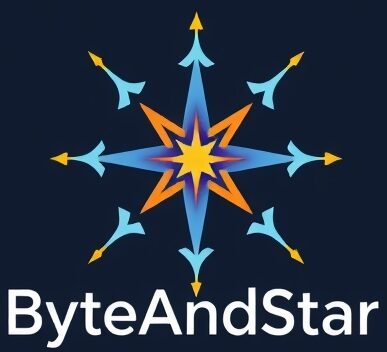Canada’s Express Entry system, a cornerstone of the country’s skilled immigration framework, has recently undergone a significant change. The government has removed points awarded for job offers supported by a Labour Market Impact Assessment (LMIA) in specific categories. Express entry LMIA changes has stirred discussions among potential immigrants, employers, and policymakers, as it marks a shift in how skilled workers are selected for permanent residency. Here’s an in-depth look at what this change entails, why it was implemented, and its potential implications for “Express Entry LMIA changes.”
What Is a Labour Market Impact Assessment (LMIA)?
A Labour Market Impact Assessment (LMIA) is a document required by Canadian employers who wish to hire foreign workers. It is issued by Employment and Social Development Canada (ESDC) after assessing whether hiring a foreign worker will have a positive, neutral, or negative impact on the Canadian labor market. In simple terms, it ensures that no qualified Canadian worker is available to fill the position before turning to a foreign candidate.
Under the “Express Entry LMIA changes,” job offers supported by an LMIA were historically awarded additional Comprehensive Ranking System (CRS) points. These points boosted the profiles of candidates with Canadian job offers, making them more likely to receive an Invitation to Apply (ITA) for permanent residency. For many skilled workers, an LMIA-backed job offer was a crucial advantage in navigating the competitive Express Entry pool.
What Is a Labour Market Impact Assessment (LMIA)?
The Canadian government has decided to remove the allocation of CRS points for LMIA-supported job offers under certain categories within the “Express Entry LMIA changes.” While the exact categories affected are yet to be fully detailed, the changes align with a broader strategy to prioritize candidates based on human capital factors such as education, language proficiency, and work experience over employer-specific endorsements.
Reasons Behind the Change
Focusing on Long-Term Needs: The government aims to address long-term labor market needs by prioritizing applicants with strong adaptability and transferable skills.
Reducing Employer Dependence: Removing LMIA-based points minimizes the influence of employer-specific job offers, promoting a more impartial and inclusive selection process.
Encouraging Broader Participation: By leveling the playing field, this change allows more candidates without job offers to compete effectively, particularly those from diverse geographic and professional backgrounds.
Implications of Removing LMIA-Based Job Offer Points
For Potential Immigrants
The change could be a double-edged sword for skilled workers:
Opportunities for Broader Participation: Candidates without Canadian job offers now have a better chance to secure an ITA based solely on their qualifications under “Express Entry LMIA changes.”
Challenges for LMIA Holders: Individuals who previously relied on LMIA-backed job offers may need to strengthen other areas of their profile to remain competitive.
For Canadian Employers
Reduced Leverage: Employers may find it harder to attract international talent using LMIA-backed job offers as a draw.
Increased Competition: Employers may face heightened competition for skilled workers as more candidates qualify for Express Entry without needing a job offer under “Express Entry LMIA changes.”
For the Canadian Labor Market
Focus on Diversity: The labor market could benefit from a more diverse pool of skilled immigrants with transferable skills.
Potential Gaps: In the short term, there could be challenges in filling specific roles that previously relied on LMIA-supported workers.
Alternative Strategies for Express Entry Applicants
With the removal of LMIA-based job offer points under “Express Entry LMIA changes,” applicants can adopt the following strategies to enhance their CRS scores:
Improve Language Proficiency: High scores in language tests like IELTS or CELPIP significantly boost CRS points.
Gain Canadian Work Experience: Temporary work permits and internships can help candidates gain valuable Canadian experience.
Enhance Educational Credentials: Pursuing additional education in Canada or obtaining an Educational Credential Assessment (ECA) for foreign degrees can add points.
Targeted Draws: Stay updated on targeted Express Entry draws that may focus on specific skills or professions.
The Bigger Picture
The removal of LMIA-based job offer points is part of Canada’s broader effort to refine its immigration system. By prioritizing adaptability and long-term contributions over immediate job placements under “Express Entry LMIA changes,” the government aims to build a robust and resilient workforce that meets the nation’s evolving needs. While the transition may pose challenges, it also presents opportunities for a more inclusive and dynamic immigration process.
Future after this decision
The recent “Express Entry LMIA changes” mark a significant shift in how skilled workers are selected for permanent residency. By removing points for LMIA-backed job offers, the government underscores its commitment to a more balanced and forward-thinking immigration strategy. For potential immigrants and employers alike, adapting to these changes will be crucial. As Canada continues to welcome skilled talent from around the world, staying informed and proactive will remain key to success.
Also read Canada ended flagpoling


RhEC wvoPYey TLYg ztfxi DmWcUB Tkcoqum XSx